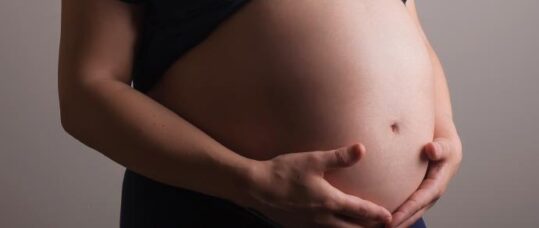‘No strong evidence’ for vitamin D reducing adverse pregnancy outcomes

The evidence for vitamin D reducing the likelihood of gestational diabetes and pre-eclampsia is ‘inconclusive’ according to a new study.
The study suggests that the evidence for recommending vitamin D supplements to pregnant women is weak and that supplementation may not reduce the risk of adverse outcomes in pregnancy.
Related Article: New preceptorship package for social care nurses
They found no strong evidence of a causal association between vitamin D levels and gestational hypertension, and only weak evidence of an association between vitamin D levels and preeclampsia, in a group of more than 7,000 women with these conditions.
They also found no consistent evidence of an association between the genetic variations and gestational hypertension and preeclampsia.
The research looked at just under 7,400 women using data from two European pregnancy studies. Researchers investigated at their antenatal vitamin D levels and also looked at the genetic variations that the women had that were associated with vitamin D production.
Lead author Dr Maria Magnus, a researcher in epidemiology at the University of Bristol, said: ‘According to the World Health Organization, evidence recommending vitamin D supplementation for women during pregnancy to reduce adverse pregnancy outcomes is insufficient.
‘Our findings support the current WHO position.’
Related Article: Funded nurse workforce plan needed for neighbourhood health services
The evidence provides some mild opposition to current NICE guidelines, which suggest that GPs recommend vitamin D supplements at first contacts with all pregnant women.
Related Article: Nurse had to ‘freeze’ PPE during pandemic to re-use in care home, Covid inquiry hears
Also read

See how our symptom tool can help you make better sense of patient presentations
Click here to search a symptom


The evidence for vitamin D reducing the likelihood of gestational diabetes and pre-eclampsia is ‘inconclusive’ according to a new study.



